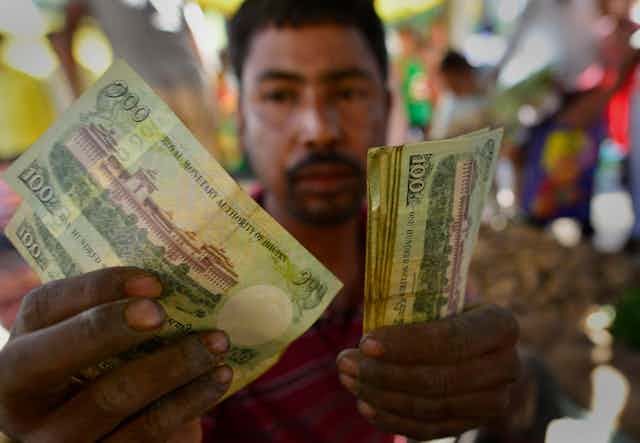Doing away with big currency notes is a movement that is picking up all over the world, says Kaushik Basu, a professor of economics at Cornell University. While it may be a good idea in theory for tackling tax evasion and the black market in Australia, he says policymakers have to be cautious in implementing it.
Basu, a former economic adviser to the Indian government and chief economist at the World Bank, says the policy is an ineffective tool in India.
India’s Modi government recently decided to demonetise RS500 and RS1,000 notes, giving citizens until December 31 to change them. It was designed to target corruption, the black market and tax evasion, but Basu says it could potentially hamper the country’s growth and have a disproprtionate negative effect on the poor and lower middle class.
Basu also weighed into the ongoing debate on addressing inequality in various economies around the world while still looking for economic growth. While growth is still important for economies catching up like India, some growth can be sacrificed to redistribute profit, he notes.
He argues policymakers, including in Australia, need to stop tinkering around the edges and come up with big ideas. Basu uses the example of profit sharing, where a pool of some share of all profits, for example 10%, goes straight to the workers.
Also in this podcast, economist Richard Holden answers a question about Trump’s borrowing in business and in government for Ask an Economist.
If you’ve got a burning economics question you’d like to ask, write it down or record it and send it to ask@theconversation.edu.au – and be sure to include your name and where you’re from.

